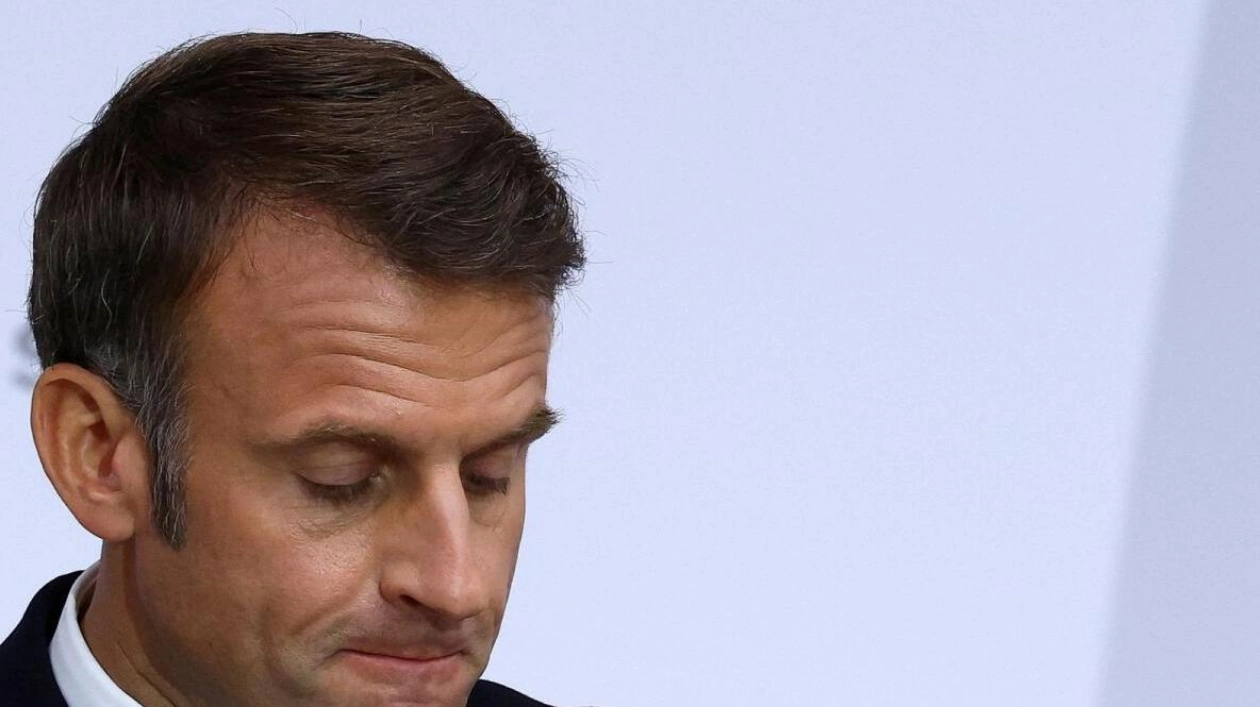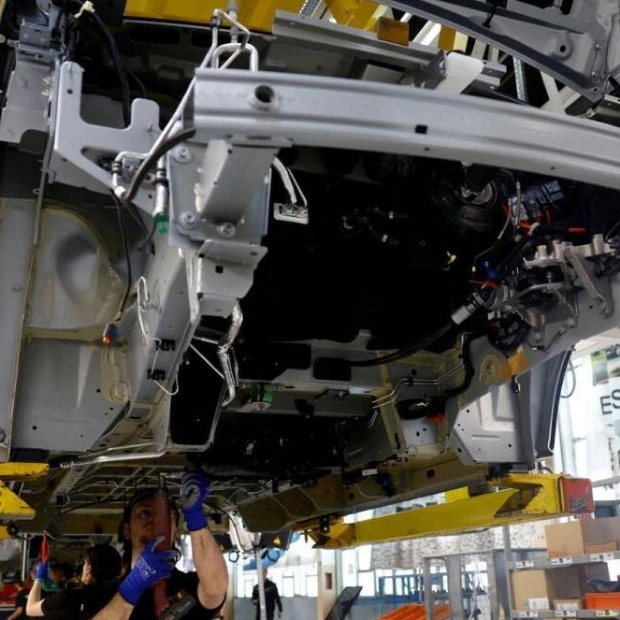The finance ministry has cautioned that France's budget deficit could rise unexpectedly this year and next if additional savings are not secured, as the country's political crisis deepens. This financial deterioration has led to EU disciplinary actions against Paris and adds to the pressure on President Emmanuel Macron, who is struggling to form a new government following snap elections that resulted in a hung parliament. The financial shortfall presents a dilemma for any new government: cut spending and raise taxes, or risk losing credibility with France's EU partners and financial markets.
The finance ministry's letter to lawmakers on Monday suggested that the public sector budget deficit could reach 5.6% of economic output this year, according to leftist lawmaker Eric Coquerel, who heads the finance committee in the National Assembly. The caretaker government had aimed for a deficit of 5.1%. Coquerel also mentioned that the deficit could potentially hit 6.2% by 2025, based on treasury calculations that indicate 60 billion euros in budget savings are needed to meet the outgoing government's target of 4.1% for next year. Several key taxes, including income, corporate, and value-added sales tax, are underperforming expectations. Additional expenses have arisen due to a security crisis in New Caledonia and parliamentary snap elections.
Outgoing Finance Minister Bruno Le Maire emphasized the necessity for France to proceed with budget cuts to prevent the deficit from spiraling out of control. However, Coquerel argued that the situation was a result of successive tax cuts under Macron and could only be rectified through tax increases rather than spending cuts. Le Maire projected economic growth of 1% for both this year and next, and mentioned that 16.5 billion euros in spending had already been frozen this year to offset the revenue shortfall and budget overruns.
France has consistently violated EU rules requiring member states to maintain budget deficits below 3% of economic output, and has not recorded a surplus since 1974. Its total debt of 110% of GDP also breaches EU regulations. Under Macron, tax cuts on households, companies, and capital income have reduced annual revenue by tens of billions of euros. The caretaker government has already frozen 2025 spending at current levels in its provisional budget planning, although its successor may significantly revise these figures.
Macron is facing difficulties in finding a prime minister who can align with both leftists and conservatives in parliament and who will not reverse the pro-business reforms he has implemented since his first election in 2017. If opposition parties are dissatisfied with Macron's choice, they could vote a motion of no-confidence, potentially leading to the downfall of the new prime minister's government. Time is running out, as the government is legally required to submit a draft budget to lawmakers for consideration by October 2, though there may be some flexibility for a few additional weeks.






